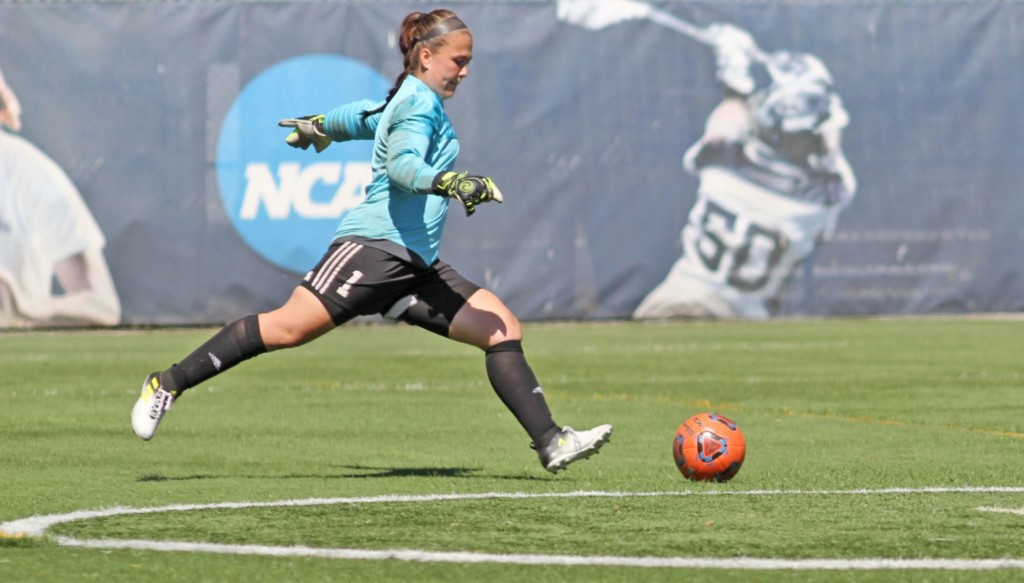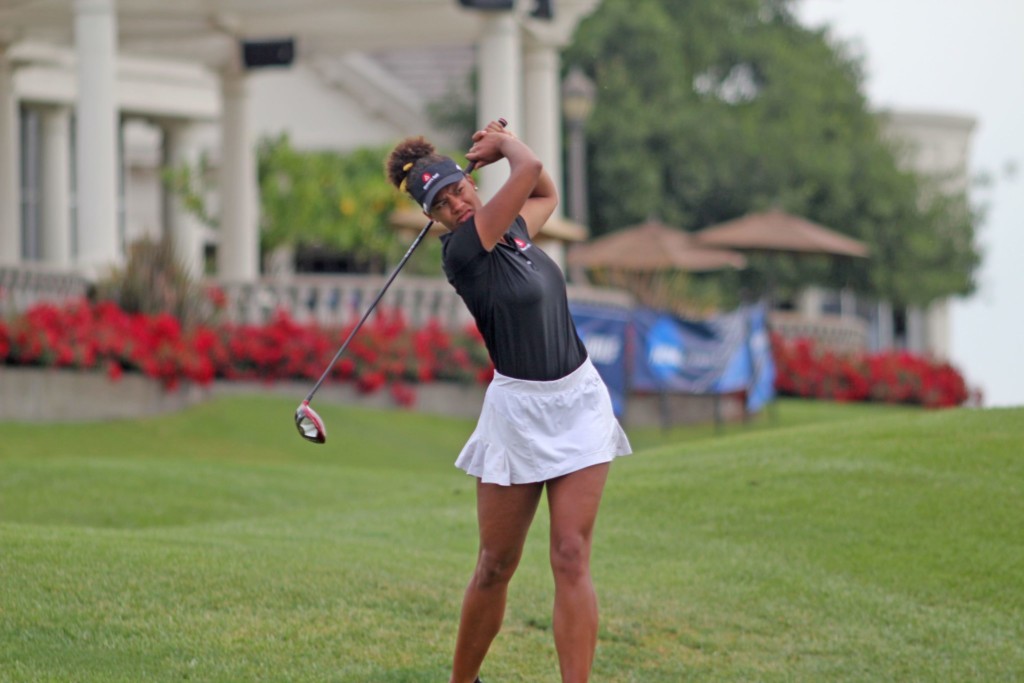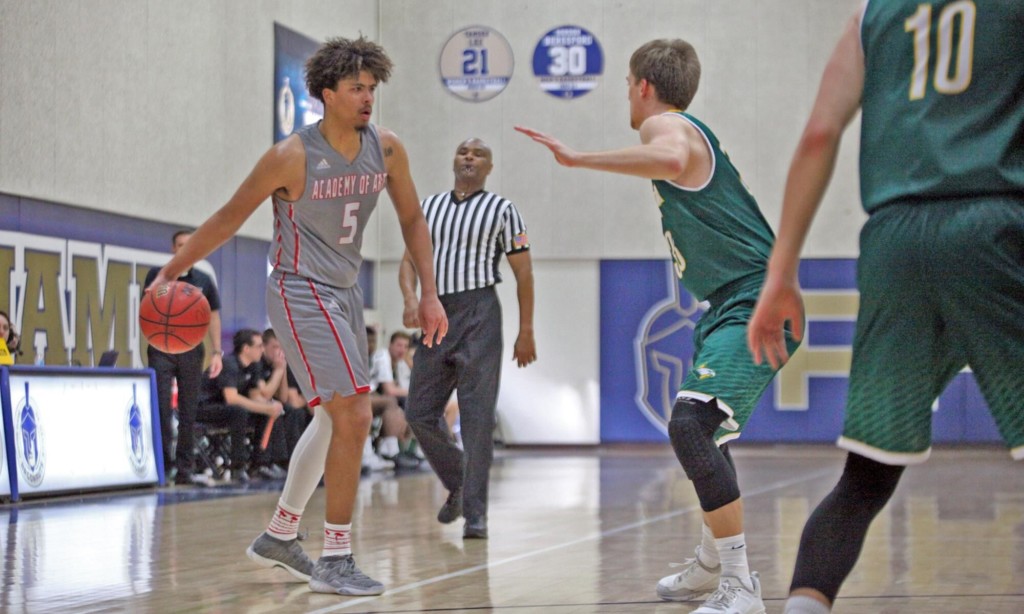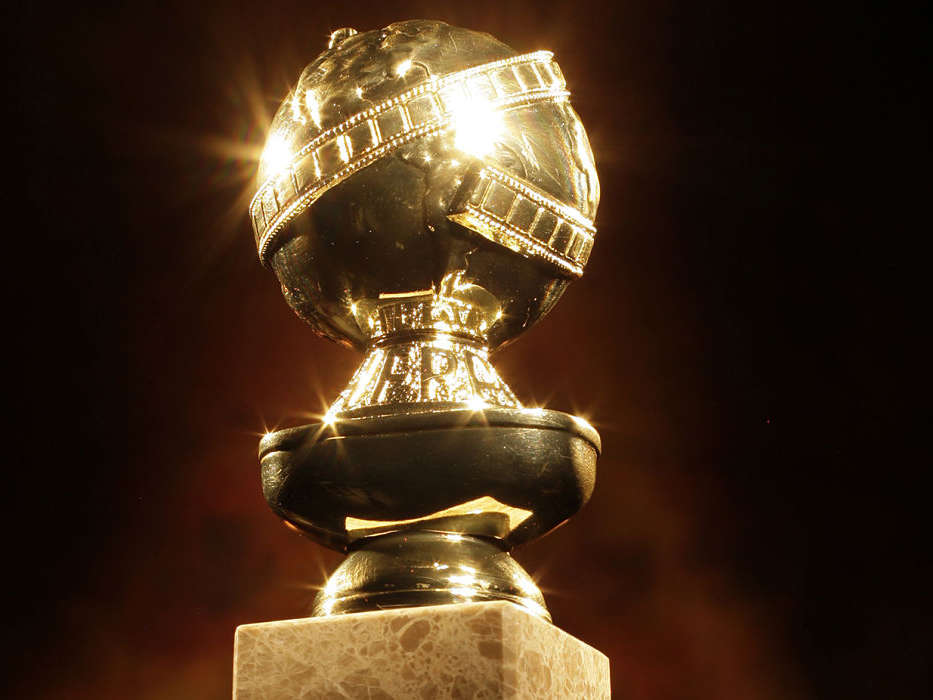Most Valuable College Survival Tips from Graduating Student-Athletes
Being a student-athlete is no walk in the park. Between maintaining an acceptable academic standing and committing to a rigorous training schedule to bring glory and prestige to the school they represent, it certainly is more than your ordinary extracurricular activity.
But somehow, these exemplary seniors were able to make it. In a few, short weeks, not only would they have closed their chapter on being valued team members of the ART U community, but also would then be the proud, new owners of an Academy of Art University degree.
Read up and take in the wisdom of those who have seen it all—Maggie Alikpala-Wilson (ANM/WST), Sterling Hawkins (COMM/WGT), and Kendall Brown (COMMS/MBB)—and survived to tell the tale of that thing called “College Life”.
Tell us something about yourself.
Maggie: My name is Maggie Alikpala-Wilson and I played on the women’s soccer team from 2015-2017. My major is Animation & Visual Effects – 2D Animation. A fun fact about me is that I work at Kittea Cat Cafe with 19 cats.
Sterling: My name is Sterling Hawkins and I competed for the women’s golf team from 2014-2018. My major is Communications & Media Technologies. A fun fact about me is that I can write a poem in five minutes.
Kendall: My name is Kendall Brown and I played for the men’s basketball team here at the Academy of Art from 2016-2018. I am a Communications & Media Technologies major. One fun fact about myself is that my brother-in-law is NBA veteran Tyson Chandler who currently plays for the Los Angeles Lakers.
What did you find most challenging and/or rewarding being a student-athlete?
Maggie: The most rewarding thing about being a student-athlete is the skills you gain during and after you graduate. You learn how to regulate a very busy schedule. I worked a job, had athletic responsibilities, and classes at the same time. You learn how to manage yourself and your time.
Sterling: The most rewarding thing as a student-athlete is to win and know you gave it your all.
Kendall: The most challenging part about being a student-athlete was making sure I put in equal effort into my schoolwork as I was putting into my sport. The most rewarding part about it was being able to help my parents out by earning a scholarship to play a game that I love while getting my education.
How did you manage your workload during the sports season?
Maggie: For me, I enjoyed my major so I would work consistently, managing time by mapping out a few days to get everything done before travel. I would sometimes do work while traveling as well. Whenever you have time to do homework, just do it because it will help you in the long run.
Sterling: I managed my work by just talking to teachers. It’s not hard when you make friends with them so they understand what you’re going through and they are more inclined to help. Also just do the work and don’t make your sport an excuse as to why you didn’t get it done.
Kendall: It was very difficult to manage the workload, but you just had to grind through it all and make sure you met your deadlines. Just like in the real world, you’ll have a lot of things going on, but you have to be on time to work still and do what you have to do to keep your job. That’s how a lot of my classes were run in my time here at the Academy; like it was a job.

Describe your typical day during the sports season.
Maggie: Most days consisted of practice, weights, or games. Many days I had early morning practices and weights then late nights for weekend games.
Sterling: We have workouts at 6 a.m. and then after we would either practice for two hours or play. If we have class, we go to class on the same day.
Kendall: A typical day during the sports season would depend on if it was a practice day or game day. Practice days were usually in the mornings, so I would try my best to eat something before I made my way to the bus for practice. On game days, shoot-around would be in the mornings, but not too early because we would use it as a time to focus on our assignments for the games then later a couple hours before games have a pre-game meal. After that, it was time to go to work on the court.
Give a tip for students on time and stress management.
Maggie: Talk with your teachers as well as your coaches about your education being priority. If you feel that you are falling behind, let them know. For me, my teachers and coach were very understanding. If you’re someone who isn’t great at time management, set up a study hall with other teammates or students in your major.
Sterling: Breathe and understand you are going to make it. If you ask for help you can manage and understand stress is ok. Some people suppress and it makes things worse.
Kendall: Try to make sure that whatever you do be on time to practice, bus pickups, weights, class, and your meetings. That is very important because it shows who you are and it will have a direct impact on your trust with the coach and teacher. As far as stress goes, just try to live in the moment and enjoy everything going on as much as you can. College is a time where it may seem like you have a million things going on, but really you just have to worry about your grades and your sport. The real world offers much more stress, trust me.

What would you tell future student-athletes?
Maggie: Enjoy athletics and all the benefits as four years goes by so quickly. Enjoy social life, but also be serious about athletics and the standards you set for yourself. Being a NCAA Division II student-athlete is a privilege and a blessing and you should think of it as such.
Sterling: Be yourself and have fun. Always have fun no matter what because life is short and so is the time in college.
Kendall: I would say, in your time as a student-athlete, enjoy it! These are really some of the best times of your life. Put in the work and try to be the best both in your sport as well as the classroom.
What advice would you give to yourself as a freshman?
Maggie: Don’t feel bad about not starting or getting playing time right away. You have to earn it over others. When you do, you have to keep fighting to earn it.
Kendall: I would tell my freshman self to work a lot harder and block out all the noise.
What’s your most memorable experience in ART U?
Maggie: My most memorable experience would be the travel. It’s not every day you get to travel to Hawaii, Southern California, or Canada with your teammates/best friends. Long car rides with good music as well as funny moments come with that as well.
Sterling: Most memorable was when there were blooper outtakes of the coaches and my coach had the most on there.
Kendall: My most memorable experience at ART U is the game on Senior Day against Concordia. I hit a game-winning shot in double overtime to secure a tie for the sixth and final spot in the PacWest Tournament. Unfortunately we lost the tie-breaker, but the moment was truly special and dear to me because I had about 20 members from my family along with some of my childhood best friends who all experienced that moment with me.
What was your favorite part about art school? Describe a favorite project.
Maggie: For me it was learning from the greats. At Academy of Art, you have teachers who were or are already in the industry. They help you as long as you are willing to ask for help. My favorite project that I worked on would be my animations. Those were and still are what I love to do.
Sterling: My favorite part was the projects. Actually going out and doing things is something that fits me very well. My favorite project was being a part of the game show class and coming up with fun ideas to put on the show.
Kendall: I enjoyed learning a brand new skillset being at this school. I came here not knowing what to expect and I will be leaving here knowing a lot of different things that will benefit me in my life and career. My favorite project is actually a class that I am in right now. I am producing a live 10 to 15 minute game show that is fully produced and directed by myself.

How do you think being an art student helped in your experience as an athlete and vice versa?
Maggie: Being an art student is demanding. You can mirror it to your classes so easily. If you don’t put in the time and effort for your sport or major, you won’t get playing time or a good grade.
Sterling: I believe that it balances the active with the creative. It helps you process ideas when you get to create and it forces you to come up with something that someone else hasn’t thought of. With sports, I believe there is more work ethic involved.
Kendall: I think just the work ethic from playing basketball to being an art student helped me out in both areas.
What are your plans after ART U?
Maggie: I actually got a job just recently. It is start-up here in the Bay Area so my plan is finally put into place. We will see what the next job is in a year or two.
Sterling: To be an extremely famous creative director, storyteller, and motivator.
Kendall: My plans are to take what I have learned in my time here at the Academy and use it to help me in my career. As an athlete, you’re passionate about what you do, so right now I am in the process of finding what I am passionate about outside of sports, but I have gained a lot of knowledge and skills from my time here and will use that going forward.








